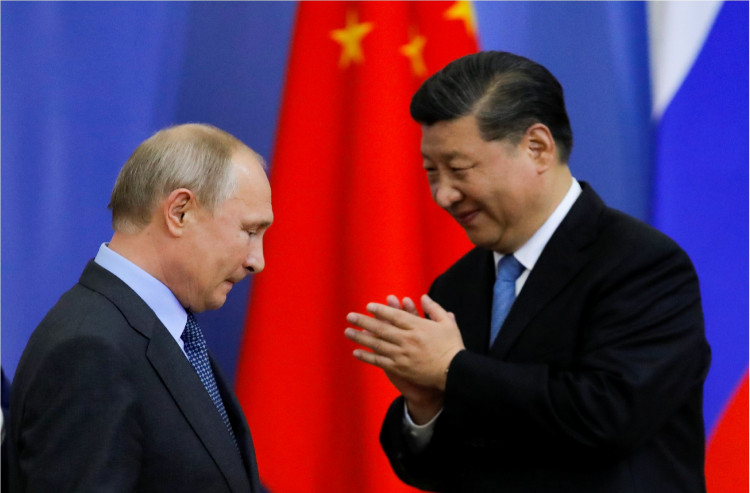The Kremlin announced that Russian President Vladimir Putin and Chinese President Xi Jinping are gearing up for future interactions, though the exact timing remains under wraps. This announcement coincides with Russian Foreign Minister Sergey Lavrov's strategic visit to Beijing, signaling preparatory steps for a high-profile exchange between the two global powers.
Kremlin spokesperson Dmitry Peskov emphasized the importance of such high-level contacts, attributing them to the "high level of friendly relations" between Russia and China. However, Peskov refrained from committing to a specific schedule for these engagements, stating that details would be disclosed once arrangements are finalized.
This development follows reports of an anticipated Putin visit to China, potentially marking his first international journey in his new presidential term. Last month, speculation about a May meeting between Putin and Xi gained traction, although official confirmation remains pending.
During Lavrov's visit, the Chinese Foreign Ministry highlighted the significance of this diplomatic engagement, framing it as a critical phase in the comprehensive preparations for Putin's expected state visit to China later this year. The discussions between Lavrov and his Chinese counterparts, including China's top diplomat Wang Yi, focused on reinforcing bilateral cooperation and opposing the U.S.-led international sanctions on Russia, particularly concerning the ongoing conflict in Ukraine.
Xi Jinping's dialogue with Lavrov underscored a shared vision between China and Russia, with both nations advocating for peaceful coexistence and mutual benefit. Xi expressed Beijing's commitment to collaborating with Moscow in rallying the Global South-developing and emerging countries-toward a more equitable and transparent international order.
Moreover, Lavrov's remarks at a joint press conference with Wang Yi shed light on the broader strategic alignment between Russia and China against unilateralism and hegemony, subtly critiquing the U.S.-led global framework. Lavrov also mentioned planned encounters between Putin and Xi at forthcoming international forums, including the Shanghai Cooperation Organization summit in Kazakhstan and a BRICS summit in Russia, highlighting the continuity of political dialogue between the two countries.
The BRICS bloc, which recently expanded to include new members such as Egypt and Iran, represents a growing coalition of emerging economies seeking to assert their influence on the global stage. Lavrov's visit and the anticipated meetings between Putin and Xi illustrate a concerted effort by Russia and China to fortify their alliance, presenting a united front against Western pressures and contributing to the reshaping of international relations.
As the world watches closely, the evolving partnership between Russia and China carries profound implications for global diplomacy, security, and economic dynamics. With both nations facing scrutiny from Western powers, their collaboration signals a strategic pivot toward a multipolar world order, challenging existing geopolitical norms and fostering new alliances among the Global South.






